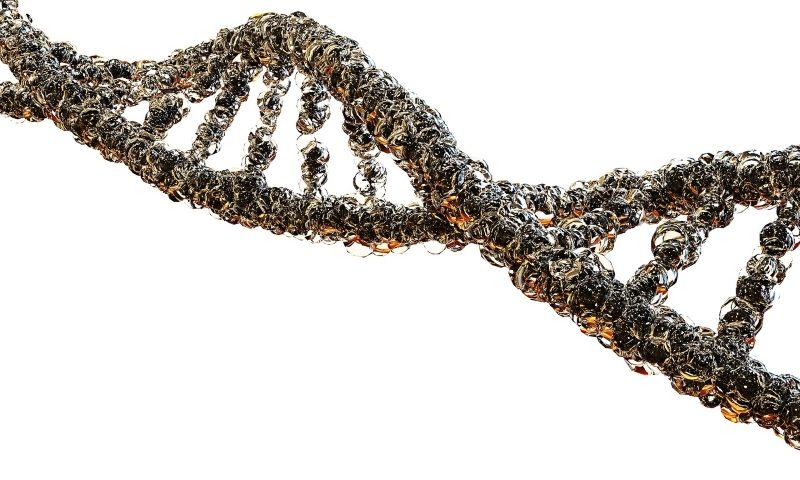Avrobio has licensed a Hunter syndrome lentiviral gene therapy from the University of Manchester in the U.K. The deal positions Avrobio to join Regenxbio and Sangamo Therapeutics in the race to develop gene therapies for use in patients with the rare disorder.
Hunter syndrome, also known as mucopolysaccharidosis Type II, is driven by a mutation that limits a patient’s ability to break down sugar molecules generated as a byproduct of cell activity. The buildup of the molecules causes progressive damage to organs such as the brain, affecting the development of children with the lysosomal disorder.
Takeda’s approved drug Elaprase gives Hunter syndrome patients the enzyme they need to break the molecules down, but its inability to cross the blood-brain barrier renders it ineffective against the CNS manifestations of the disease.
Avrobio has become the latest company to identify gene therapy as a potentially better way to treat Hunter syndrome. The biotech, which is active in other lysosomal disorders, has agreed to pay the University of Manchester $8 million upfront for the global rights to a stem cell gene therapy that is set to enter the clinic in the second half of next year.
Brian Bigger, Ph.D., a professor of cell and gene therapy at the U.K. university, developed the candidate and co-authored a paper about it in 2018. The paper describes work on a brain‐targeted hematopoietic stem cell gene therapy designed to give patients the lysosomal enzyme iduronate-2-sulfatase (IDS).
Avrobio will make the therapy, now called AVR-RD-05, by modifying a patient’s own hematopoietic stem cells with a transgene for IDS expression and a protein tag intended to improve stability of the enzyme. If AVR-RD-05 works as hoped, the cells will engraft in the bone marrow and make copies of themselves that also carry the transgene.
The differentiation of the cells into components of the immune system could enable AVR-RD-05 to cause a lasting, body-wide increase in the presence of the enzyme at the root of Hunter syndrome. Avrobio will fund a £9.1 million ($11.8 millon) investigator-sponsored phase 1/2 trial to assess whether the gene therapy performs as hoped. The biotech is also on the hook for up to $80 million in milestones.
Avrobio will face competition if it gets AVR-RD-05 all the way to market. Takeda is the incumbent, Regenxbio and Sangamo have gene therapies in the clinic—although the latter has underwhelmed so far—and Denali Therapeutics is developing an IDS enzyme designed to cross the blood-brain barrier.

